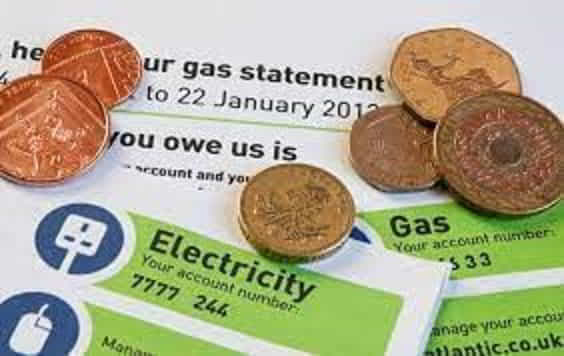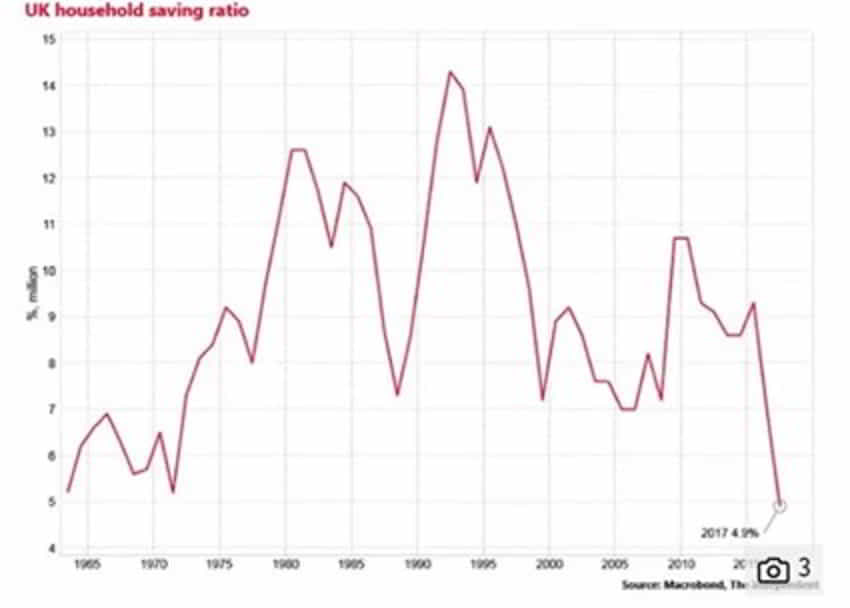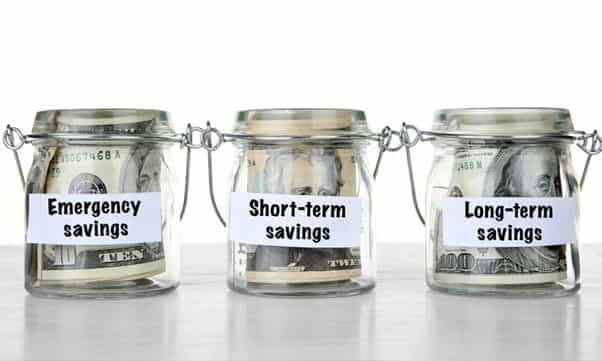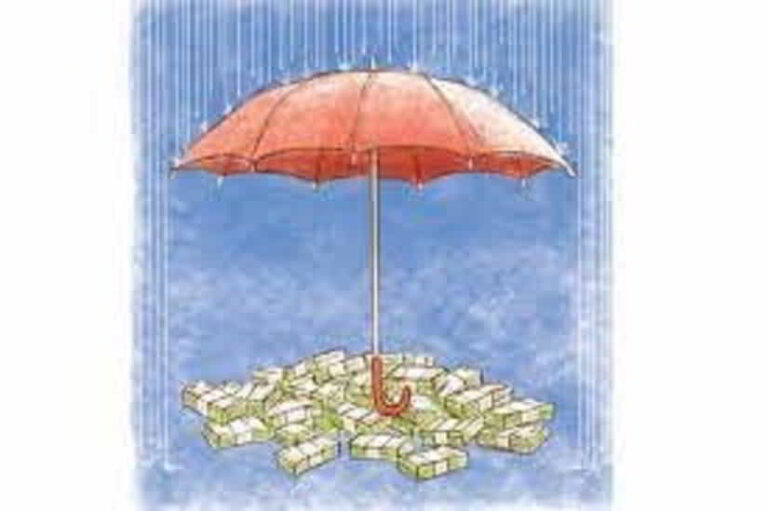SavingsDrive
HOW CAN YOU SAVE MONEY REGULARLY?
When you ask people in surveys “Do you think you need to save money for the future?”, over 85% say yes but yet it never happens.
.
So do we really need to save money? Attitudes have changed. We hear about old people living in run down large houses, wearing clothes from a charity shop and yet when they die you find out they have left millions in a will.
In the UK we are now classed as a credit driven economy. Governments make credit and loans and cards easily available to spend, with the view that we pay back what we have spent. It’s like saving in reverse, and keeps the economy moving!
Click on a heading below and see a summary, and if you're interested you can GO and read more about it!
Here are some initial thoughts about saving. GO!
Here are some initial thoughts about saving. GO!
How can I save when the cost of living is so high? GO!
Should you even bother saving while rates are so low? GO!
There are many different reasons to save. See GO!
You can also save money for specific purposes. GO!
It’s always important to have enough savings for emergencies. GO!
If you’re a visitor to our site you can join and download information, assess your own health and create your own action plans, and even contribute to our site. GO!
See what you can do next. GO!
We have some additional information on this subject. GO!
Some Initial Thoughts

So what's wrong with living on credit?
It’s a HUGE gamble for us though, on the fact that we will continue to work to earn a living to pay off the credit. But what would happen if you could not work or your income stopped? You would struggle to pay your creditor and suddenly credit and loans are not so easily available..
When purchasing most large items such as a car or a house then you need some form of collateral or deposit.
Young people in particular are losing the savings habit see our post from BBC News, and see our post to see how income affects savings.
Savings and credit are all about balance.
SavingsDrive is all about learning to save a little bit each month. How best to save it and what are the options.
Facts About Saving
by each family would reduce the number of families falling into problem debt by half a million (Step Change charity)
£500 is the amount 4 in 10 UK families don’t have in savings (Money Helper)
British adults have less than £10 a month left over each month after paying essential bills (MoneyHelper)
spent by UK households in 2020 than they received in income (ONS)

How can I save when the cost of living is so high?
So how can I save if I have very little money left over each month? That is a key question most people ask, so we recommend you have a look at the videos below for some ideas, and you can also take a look at BudgetDrive.
Lets look at ways to save and their impact:
You can save at home in a piggy bank
– easy to get hold of and it never comes to much
You can save in the bank
– you will get practically nothing in interest rates
Save from your salary straight into a deposit account
– good as it keeps savings separate
Do a regular savings plan with a leading provider
– regular commitment and better returns generally
Savings app adhoc
– easy, convenient, can make saving easy and convenient
Saving via an ISA product
– tax advantages and info available

Why bother saving when UK Savings Rates are so low
Savings rates in UK have been extremely low over the last few years especially within banks. People are best doing regular medium saving plans and taking out best rate loans.
However, it's not only saving for future events - you can save to pay off your debts. These are both important goals, and you can work towards both at the same time. Also, there are times when you might need some money for emergency purposes (see below).

Different types of savings
There are 2 types of regular savings – long term 5-10 years plus and short-term savings with immediate access. It helps if you can save a small amount into an online account each month for those items 10 to 15 years ahead such as perhaps university fees or a special anniversary, weddings or special events.
The reality is that nearly 10% of the UK society are addicted to gambling to the point that it impacts on their financial health. We know that this vicious circle soon impacts on mental health and physical health.
Short term savings is totally different and isn’t a luxury but a necessity. The average savings for those who are saving is £4,212.40 which is roughly two month’s salary. But for those who do not save at all they have less than two weeks money. Having a safety net for you and your family is really important.
Lets look at ways to save and their impact:
You can save at home in a piggy bank
– easy to get hold of and it never comes to much
You can save in the bank
– you will get practically nothing in interest rates
Save from your salary straight into a deposit account
– good as it keeps savings separate
Do a regular savings plan with a leading provider
– regular commitment and better returns generally
Savings app adhoc
– easy, convenient, can make saving easy and convenient
Saving via an ISA product
– tax advantages and info available

Targeted savings for a purpose
Most people don’t have vast amounts of disposable income each month, therefore take a can’t be bothered attitude. When disposable income increases people well spend the money on more materialism. To make a real impact on saving a large amount of money requires a large monthly investment. Often people never get to this stage because they spend the cash on other feel-good factor items.
A best practice tip rather than casually save is to save for a purpose. An example would be:
Save for a deposit to buy a second house on buy to let. This means there is purpose for saving and there is reward at the end.
Other goaled savings could be:
- Starting a business and needing set up capital
- Safety net pot, this is the one thing people don’t do. They run the risk of massive debt and gamble on working to make the credit payments. Having a savings safety net ensures you protect yourself in the immediate short term.
- Internet based business- buying stock and merchandise in bulk to enjoy larger discounts.
Why save when borrowing is cheap and easy?
Good point and very true but only whilst interest rates are so low and lending criteria is loose. If Inflation rises and bad debt rises lenders will tighten criteria, change the T&Cs may demand more deposit etc. Always best to have a savings pot for protection.

Rainy day savings
You do have to remember when taking out a savings plan what the risks are. Some schemes might offer higher rates of return but this may be riskier in terms of losing some of your money so it is important to read the fine print.
Kris Brewster, head of products for Skipton Building Society, which commissioned the research, said: “Having a healthy savings account is something everybody dreams of, whether it’s money put aside for a rainy day, helping fund your child through university or money saved for comfortable retirement.”
“These dreams cannot become a reality without taking time to save in the first place. Very often things like unexpected bills can crop up and have an impact on your savings balances. But our results found people are more prone to splurging money on things they don’t need, rather than saving it and it’s this that has the greatest impact.”
You also need to consider pensions and tax. You need an emergency pot or safety net, a medium term savings plan (10 years plus) and to think about saving into your pension. If you have any doubts about how much you need to be saving then look below and / or get professional advice. The links below will help you learn about all the different saving plans, the advantages and disadvantages.
Click on the link to give you a full range of companies that supply savings products.
Also check out the government MoneyHelper for savings advice
You can use our MoneyHelper savings calculator
This video is very US based and you may find it annoying, but there are some interesting things you can do which are covered in the money saving tips.
For visitors
Why don't you join us?
You can register to join us as a member, when you’ll be able to download our stuff and comment, or as a YouDriver when you’ll also be able to check your health and set up your own action plans to make some improvements. If you’ve already registered, sign in below. Or let us know what you think.
Laws of Savings
Laws of Savings
This video from the Phillipines might sound quaint and out of a different time, but the enthusiasm and ideas are infectious, even though you might disagree with some of the choices involved.
How to make saving money feel good
This US video is completely different in style from the last one, but some of the messages are strangely similar (albeit in a different order!). Perhaps there’s something in this…..
How to make saving money feel good

Next Steps
It doesn’t matter what stage you’re at – it’s important to be the best you can be. At the end of the day it’s about taking personal responsibility – You Drive!
It’s really your choice. You can find out more information about the subject, or see other institutions that can help by going to Support. There you will find organisations, training, coaching, self-help courses and other items to support your personal change. We have also started developing a panel of experts to provide info, advice, help and support.
Get Support
There are times when you need some help to meet your aims – a helping hand. That might be an organisation that can provide you with some help, some specialised information, a particular book or tool to help, or just getting some background reading material.
We have a lot of items which appear on our Drives and other pages, which you can go to by clicking on the picture or link. Some contain affiliate links and we may receive a tiny commission for purchases made through these links.
If you know of anything which could help you or our other visitors then please click the button on the right, which will take you to a Contacts page where you contact us.
Experts
We are compiling a list of experts who can provide advice, help or specialised services. You will be able to access these experts from anywhere on our site you see our ‘Experts’ symbol. Click the green E to see what our Experts list will look like, with a couple of imaginary ‘experts’ added!
More Information
Scroll down to see more information on this Drive.
If you register you can also download reports, white papers, quizzes and other collaterals. We will never ask you for any financial information, and we’ll only send you the information you want. You can register for our site either above or in the footer below. You can provide your own questions and experiences in order to help other members. We only moderate for spam and inflammatory language – see our moderation policy.
If you’ve found this interesting, then please share it on social media. Choose your network!
More information
Beginner’s Money, Saving and Investing
Discover Effective, New Idea And Let’s Get Started Saving And Growing Your Money, Secure Your Future, Personal Finance, Save, Invest, Capital, Introduction
Are you looking for a way to overcome your financial worries by discovering fool-proof strategies for saving money and starting your own Business? This is the book for you!
50 Tips On Saving Money
I want to reassure you that spending your hard earned money isn’t a wrong activity, however, there is something that should be taken more seriously than spending and that is saving for your future.
As you spend, you’ve also got to realize that you need to save for a rainy day. If all your material posessions were to be taken away from you, would you still be alright?
The Money Diet – revised and updated
The ultimate guide to shedding pounds off your bills and saving money on everything!
Do you want to cut your bills without cutting back?
Are you fed up with being ripped off?
Do you want more money in your pocket without changing your lifestyle?
Have a look at our calculator from the MoneyHelper which shows how much you can save
You can plan your budget using the planner form MoneyHelper
See our information on Universal Credit from MoneyHelper













